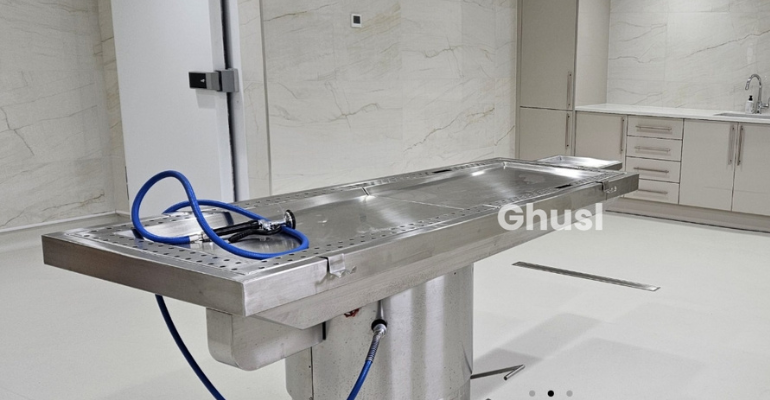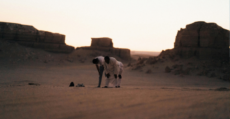In the name of Allāh, ar-Raḥmān (the most merciful), ar-Raḥīm (the bestower of mercy)
This is a brief article regarding the etiquette and procedure of washing the body of the deceased. I summarised this from “Aḥkām al-Janāiz” by Albāni, as well as the Fatāwa of Ibn Bāz. [1]
It is only intended to be brief, for further details and rulings, please refer back to the aforementioned sources.
Before washing the body:
- Washing the body of the deceased is fard kifāyah, a communal obligation. A group of Muslims must carry it out for the burden to be removed from the remaining Muslim community.
- When washing the body of the deceased, a person should maintain Ikhlāṣ (sincerity), hoping for the reward which is with Allāh.
- The washing of the body should be hastened, without any unnecessary delay, like the rest of the funeral process.
- Men are to be washed by men, and women are to be washed by women, however, spouses can wash each other.
- It is better for the relatives of the deceased to wash him, especially those who are more knowledgeable of the Sunnah.
- The ‘Awrah of the deceased remains covered at all times.
- The water should be mixed with Sidr or any form of soap.
- The head is raised, and the stomach is pressed gently so that any liquid or impurity is discharged from the body. Water is poured after any discharge to wash it away.
- A piece of cloth or towel is wrapped around the hands of those who are washing the deceased, or gloves can be worn.
- Before beginning the ghusl, make sure everything you require before and after it are in place, including:
- Gloves, towels and aprons/scrubs.
- Sidr and/or soap, camphor and/or perfume.
- Buckets, warm water and pouring jugs.
- The shroud and coffin for after the ghusl.
- Sponges, and cotton wool for cleaning the nose/ears.
- Scissors for removing any bandages and clothing.
During the washing
- The body of the deceased is washed just as a living person performs Ghusl i.e. water must touch every part of the body, from head to toe.
- As a rule, the body is washed, beginning with the right-hand side, and beginning with the limbs of Wudū.
- The private parts of the body are washed first, without directly touching them.
- His teeth and nose are rinsed with wet fingers – without allowing water to enter into them.
- His face is washed thrice.
- His fingertips to his elbows are washed thrice.
- His hair is wiped over, as well as his ears once.
- His feet are washed to his ankle, thrice.
- Then water is poured over his head three times.
- Then water is poured over his whole body, beginning with the right-hand side, then the left.
- The obligation is for the body to be washed once, and this can be increased to three or more odd-numbered ‘washes’.
- If there is dirt or anything else, more ‘washes’ can be performed to remove the dirt.
- In the last wash, perfume such as Camphor or something similar should be used.
After the washing.
- Those who wash the body are obligated to conceal anything which they see.
- Any braids should be untied and washed well, and the hair should be combed.
- For a woman, her hair should be braided into 3 braids and placed behind her head.
- It is encouraged for the people who washed the body of the deceased to perform Ghusl afterwards or wudū.
Footnote
[1] Refer to: https://binbaz.org.sa/fatwas/14132/صفة-غسل-الميت-وتكفينه
Note: To learn more about the rulings of funerals, watch the following series.





